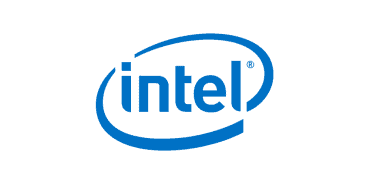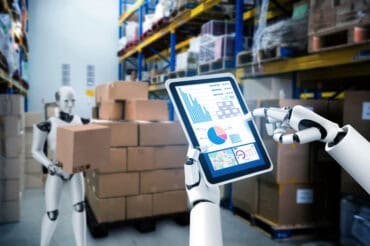Yesterday I attended a talk that described a study about emerging technologies for the elderly. There have been various advancements in this area. Some of them are, in my mind, on the borderline of science fiction, things such as brain transplants that regenerate lost cognitive abilities.
With the increase in the span of life, the quantity of elderly people have increased along with their proportion in the general population. Looking at the various technologies surveyed yesterday, I quickly realized that many of them are, in fact, event processing applications.
Studies show that there is a tendency among the elderly population to continue to maintain an independent life style in their own homes and communities. The main obstacles and challenges to achieving this goal include a possible decline in cognitive abilities, a growing fear around personal safety and the need to prevent falls, which could have devastating effects on the older individual.
Event processing plays role in all of these. There are plenty of solutions now available to help with cognitive decline challenges. There are wearable devices and external sensors that can send reminders about remembering to eat, remembering to bathe, plus other reminders that are based on rules created by either family members or caretakers. In some cases, the rules are based on learning the routine behavioral patterns that determine the event patterns that should be monitored.
Safety can also be achieved by monitoring events such as knowing whether or not a door is locked or when vocal stress in the elderly person is detected. There are also sensor-based systems that detect falls and actuators that prevent damages from falls.
These types of systems have huge potential to impact the life of elderly people for the better, but there are also some barriers for making such technologies pervasively used. Some barriers to use are awareness of and education about these technologies. Other barriers stem from the lack of ability to easily personalize such systems. In one of my next columns, I’ll write more about personalization in these event processing systems.





























